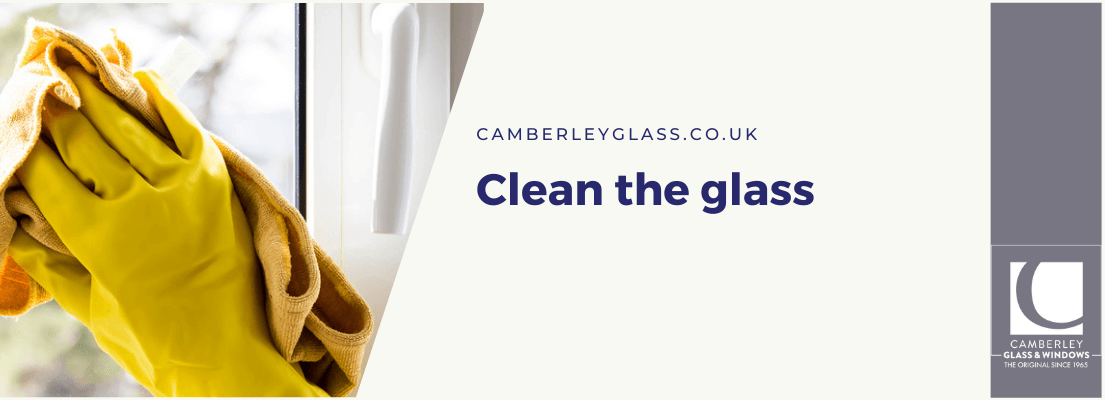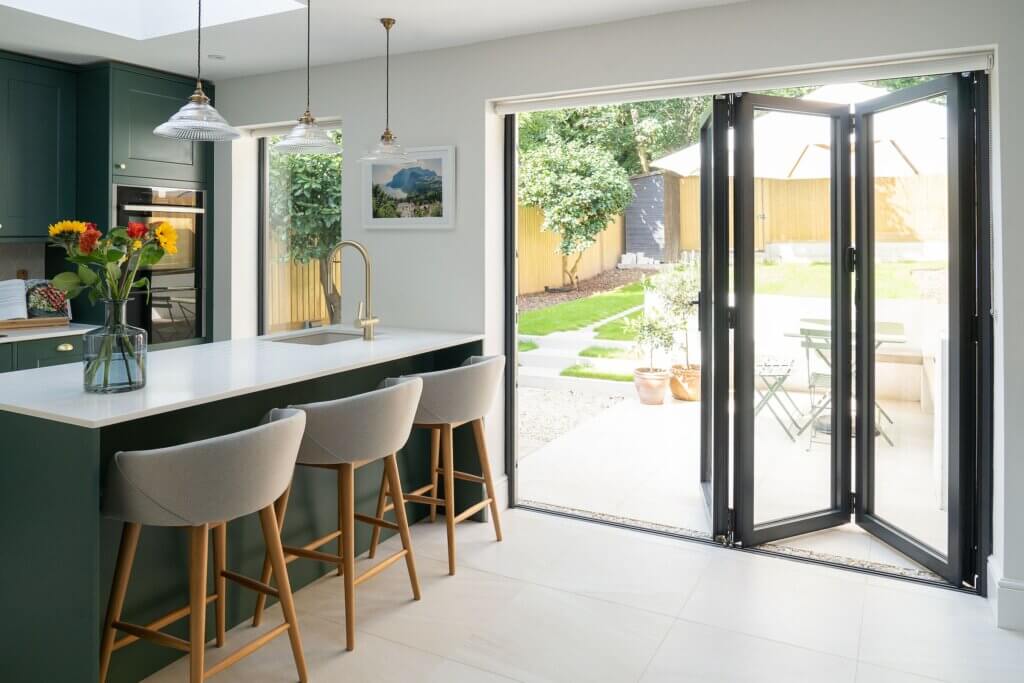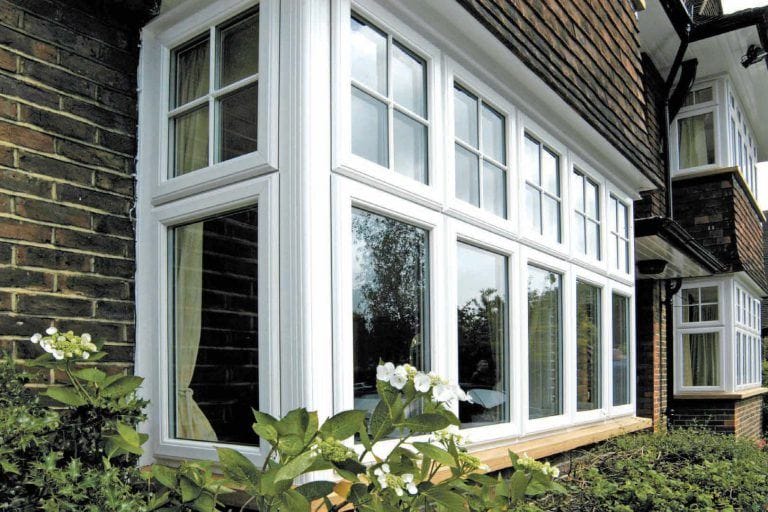
When you have double glazed windows installed, regular cleaning will help to keep them in top condition for longer and they will not need to be replaced as soon. Although most double glazed windows will last for many years, good maintenance practice will extend their lifespan by several years.
As well as lasting for longer, keeping your windows clean will improve the appearance of your property, and can even add value to your property when your windows are kept in great condition.
When you have double glazed windows installed, you should consider how you will be able to clean them. For example, if the windows are positioned upstairs, instead of requiring access via a ladder, you might want to choose tilt and turn windows so you can easily access them for cleaning. Another option is to buy self-cleaning windows.
How to clean your UPVC windows
The best time to clean your windows is on a cloudy day, as the sun can dry your windows too quickly, which will leave them looking streaky.
There are several steps involved in cleaning your double-glazed windows:
Open your windows to clean any debris
Your windows can collect debris on the inside of the frame, hinges and opening mechanism. If dirt builds up in the mechanism, this can lead to the windows not working properly. Faulty locks and handles can compromise the security of your windows, so it is important to regularly clean away grime and debris around the inside of the frame. If there is a lot of dust in your locking mechanism, using an attachment on your hoover can help to remove the dust.
Wipe down the frame with warm soapy water
Once you have cleaned the inside of the frame, the next step is to clean the frame using a sponge and warm soapy water. Do not use a sponge that has a scouring side as this can scratch your frame and the glass. Once all sides of the frame have been wiped clean, you should use a soft cloth to dry the frame. You can use a chamois leather or tea towel for this. Soapy water should be strong enough to get white UPVC to return to the usual brightness but if not, there are specific products you can buy to get them whiter.

Clean the glass
The next step is to clean the glass, which you can do with warm soapy water or a window cleaning product. Adding a cup of white vinegar to your soapy water can help to prevent streaks on your windows. Use a soft cloth (microfibre works best) to clean the windows and if there is any grime stuck in crevices such as the corner of the window, using a soft brush such as an old toothbrush can help to clear the grime out of tricky spots.
Using a newspaper to buffer the glass is one of the most effective ways to get a really smooth finish.
Avoiding mould
One of the biggest issues you can have with your windows is mould, which is often caused by regular condensation. To prevent mould from developing on your windows, you should wipe condensation away with a cloth as soon as you can. Having furniture pushed up close to your walls can also result in condensation, as moisture can get trapped.
In rooms where there is a lot of moisture, such as the kitchen or bathroom, you should open windows when cooking or showering to allow the moisture to escape and prevent condensation from forming.
If your home is not adequately insulated, this can be another reason that mould can build up around your windows.
While it is fairly straight forward to clean your window frames and glass, a bigger problem is if you see dirt between the two panes of glass. This is usually quite rare, as the vacuum that forms between the panes of glass should not be accessible for dirt. However, as windows get older, it is possible that dirt can get into the area.
If this does happen, you do not need to replace the entire window, you can arrange for a new glass unit to be fitted instead.



